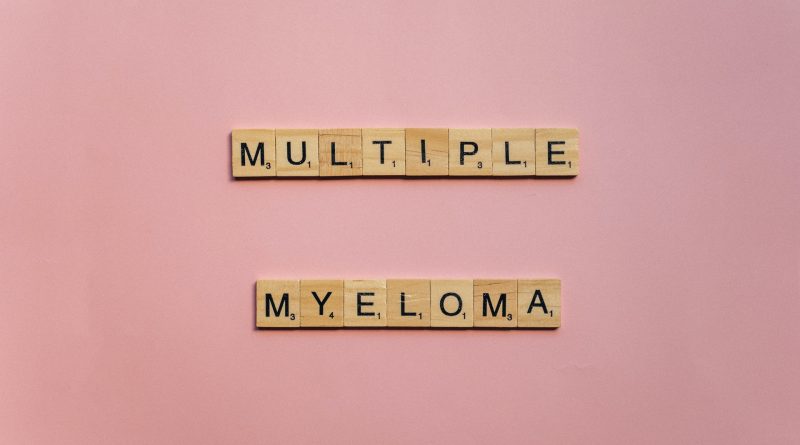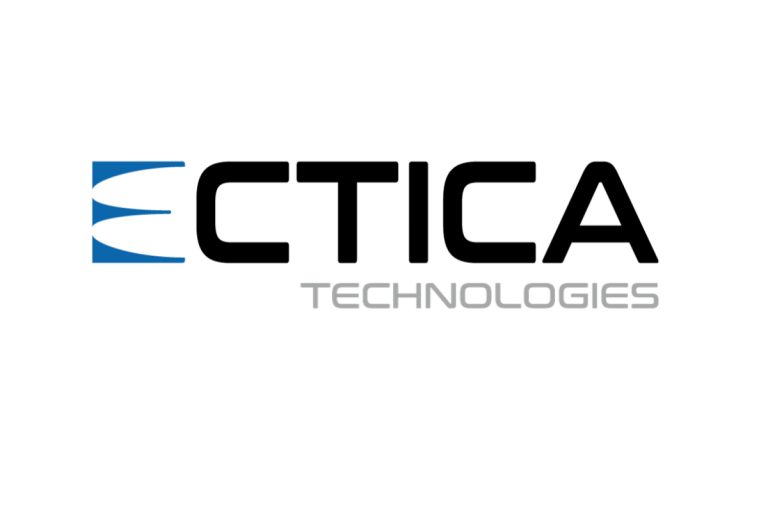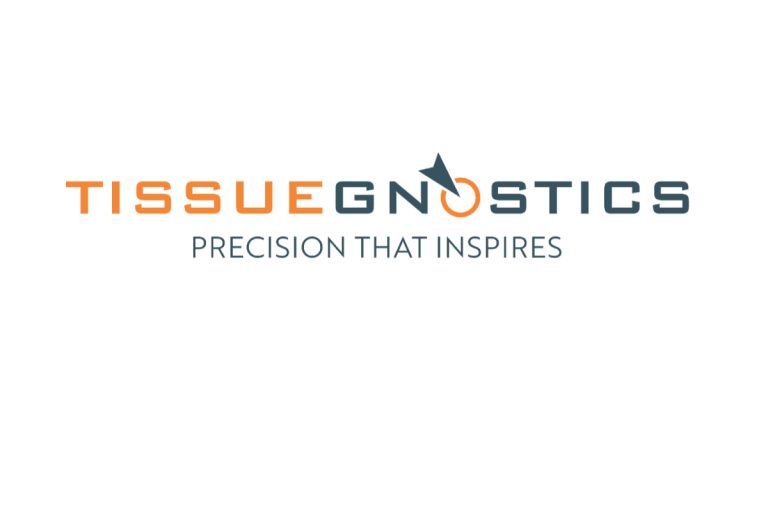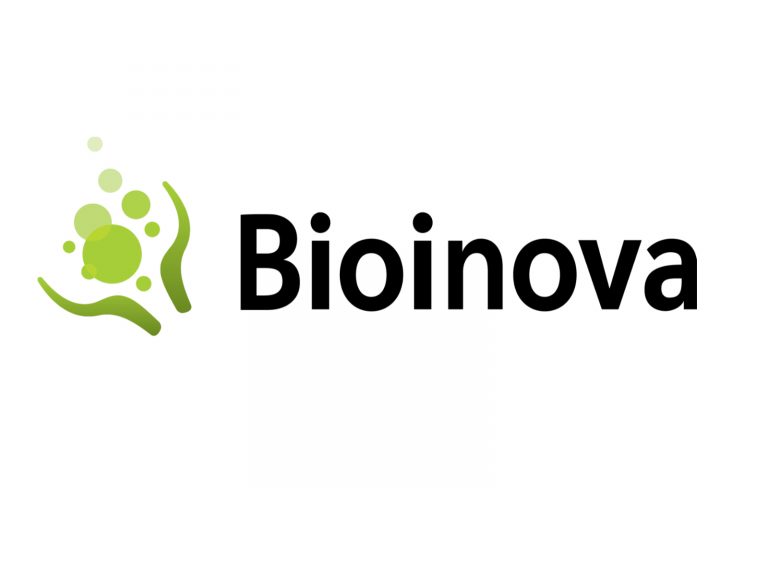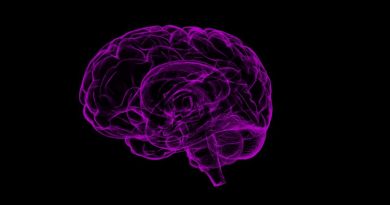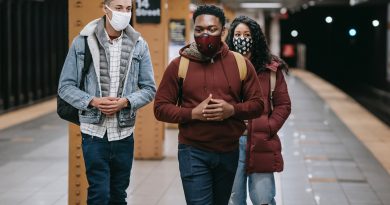Abecma Becomes the First CAR T Cell Therapy Approved for Multiple Myeloma in Japan
Based on data obtained from Phase II and the Phase I studies, Abecma has received approval in Japan for the treatment of Multiple Myeloma.
Bristol-Myers Squibb K.K. announced this week that Japan’s Ministry of Health, Labour and Welfare has approved Abecma (idecabtagene vicleucel), a B-cell maturation antigen (BCMA)-directed chimeric antigen receptor (CAR) T cell immunotherapy, for the treatment of adult patients with relapsed or refractory (R/R) multiple myeloma, who have received at least three prior therapies, including an immunomodulatory agent, a proteasome inhibitor and an anti-CD38 antibody, and have either experienced disease progression on the last therapy or relapse after the last therapy.
The first CAR T cell therapy approved for the treatment of R/R multiple myeloma in Japan
Abecma is the first CAR T cell therapy approved for the treatment of R/R multiple myeloma in Japan. With this approval, Bristol Myers Squibb is now the only company in Japan with two approved CAR T cell therapies—the CD19-directed Breyanzi, which received approval in March 2021, and the BCMA-directed Abecma.
The approval is based on efficacy and safety data sourced from the global Phase 2 Study BB2121-MM-001 conducted in the country, the U.S., the EU, and Canada, and the Phase 1 Study CRB-401 in the U.S.
Back in August 2021, the European Commission granted Conditional Marketing Authorization for Bristol Myers Squibb’s Abecma for the treatment of relapsed and refractory multiple myeloma in adult patients.
About multiple myeloma
Irrespective of the notable advances in treatment, multiple myeloma is still an incurable disease, and many patients suffer through periods of remission and relapse. To date, there have been no approved therapeutic options in Japan for the treatment of multiple myeloma patients who have received three or more prior therapies, including an immunomodulatory agent, a proteasome inhibitor and an anti-CD38 antibody. Consequently, there is a significant unmet medical need for novel, effective therapies.
Dr. Tadao Ishida of the Japanese Red Cross Medical Center, who participated in the clinical study of Abecma, said:
“I am delighted that Abecma has been approved as the first CAR T cell therapy in Japan targeting BCMA. We hope that this cell therapy will bring new hope to patients suffering from relapsed or refractory multiple myeloma. To make full use of this new CAR T cell therapy, the cooperation and collaboration of doctors and others who will be involved in its dispensation will be essential. It will also be important for doctors to work closely together with companies involved. We will work diligently to develop a robust treatment system incorporating the proper use of Abecma so that we can contribute to the treatment of as many patients with multiple myeloma as possible.”
Jean-Christophe Barland, President and CEO of Bristol-Myers Squibb K.K., said:
“I am very pleased that we have received approval for our second CAR T cell therapy, thus becoming the first and only company in Japan to receive approval for two CAR T cell therapies with distinct targets across multiple diseases. Abecma delivers a new treatment option for patients with multiple myeloma, the first option directed against BCMA and using a new mode of action. This approval is a testament to our strong commitment to addressing unmet medical needs for patients in Japan. As a game-changer committed to ‘innovation with heart,’ Bristol Myers Squibb Japan will continue its efforts to help patients prevail over serious diseases.”
Abecma is a personalized immune cell therapy approved as a one-time infusion. As an anti-BCMA CAR T cell therapy, Abecma recognizes and binds to BCMA, a protein that is nearly universally expressed on cancer cells in multiple myeloma, leading to the death of BCMA-expressing cells.
BB2121-MM-001 / CRB-401 Trial Key Results
In the BB2121-MM-001 trial (128 non-Japanese subjects and 9 Japanese subjects infused with ide-cel), the overall response rate [95% CI], which was the primary endpoint, was 73.4% [65.8, 81.1] (target dose of 150, 300 or 450 x 106) in 128 non-Japanese subjects, which was statistically significant compared to the threshold value of 50%. The overall response rate [95% CI] in the 9 Japanese subjects (target dose of 450 x 106) was 88.9% [51.8, 99.7]. In the CRB-401 trial (21 subjects in dose escalation: target dose of 50, 150, 450 or 800 x 106; 41 subjects in dose expansion: target dose of 150 or 450 x 106), the overall response rate [95% CI] was 74.2% [61.5, 84.5] in the overall 62 subjects and 84.2% [68.7, 94.0] in the 38 subjects (target dose of 450 x 106).
Adverse reactions occurred in 134 patients out of 137 (including 9 Japanese) treated with Abecma in the BB2121-MM-001 trial. Adverse reactions included cytokine release syndrome (84.7%), neutropenia (59.9%), thrombocytopenia (45.3%), anaemia (38.0%), leukopenia (27.7%), fatigue (16.1%), lymphopenia (14.6%), hypogammaglobulinemia (11.7%) and pyrexia (10.2%) (aggregated until approval). Adverse reactions occurred in 55 patients out of 62 treated with Abecma in the CRB-401 trial. Adverse reactions included cytokine release syndrome (75.8%), neutropenia (41.9%), thrombocytopenia (40.3%), anaemia (38.7%), fatigue (32.3%), leukopenia (27.4%), lymphopenia (16.1%), nausea (14.5%), headache (14.5%), hypophosphataemia (12.9%), and upper respiratory tract infection (11.3%) (aggregated until approval).
As a leader in cancer care, Bristol Myers Squibb is working to empower all people with cancer to have a better future. Learn more about the science behind cell therapy and ongoing research at Bristol Myers Squibb here.
Recommended Companies
Ad
More Headlines

